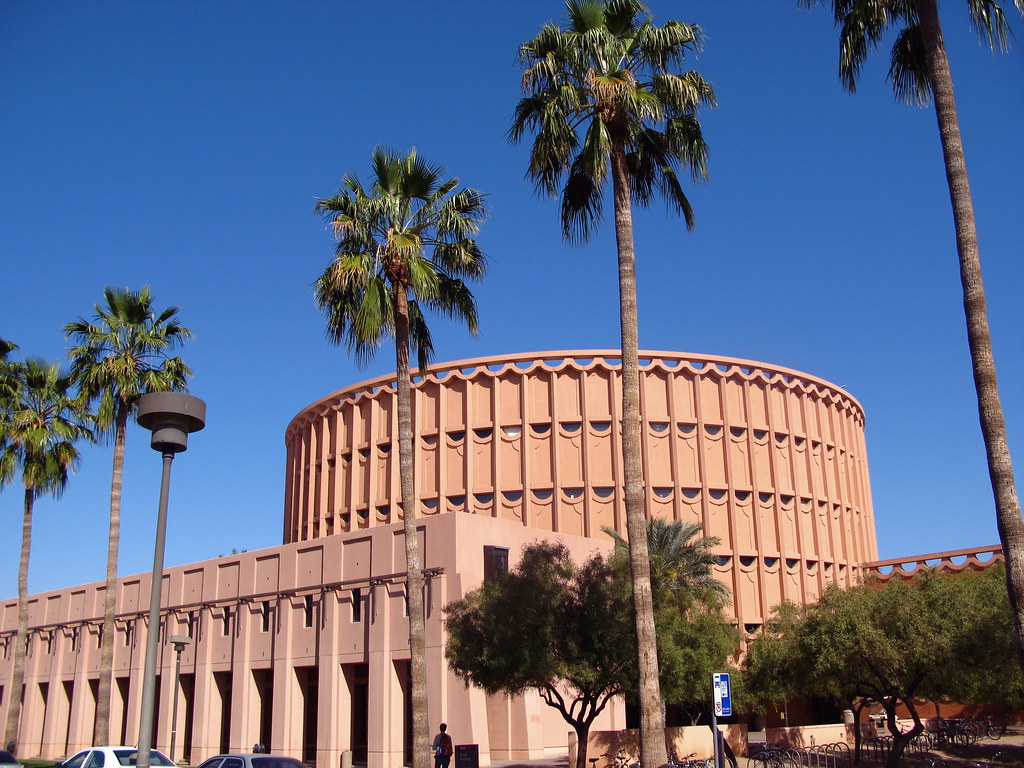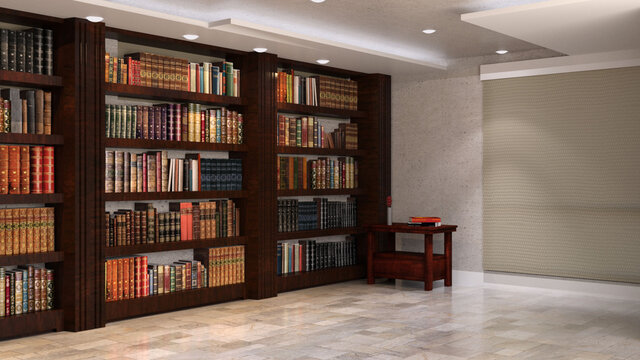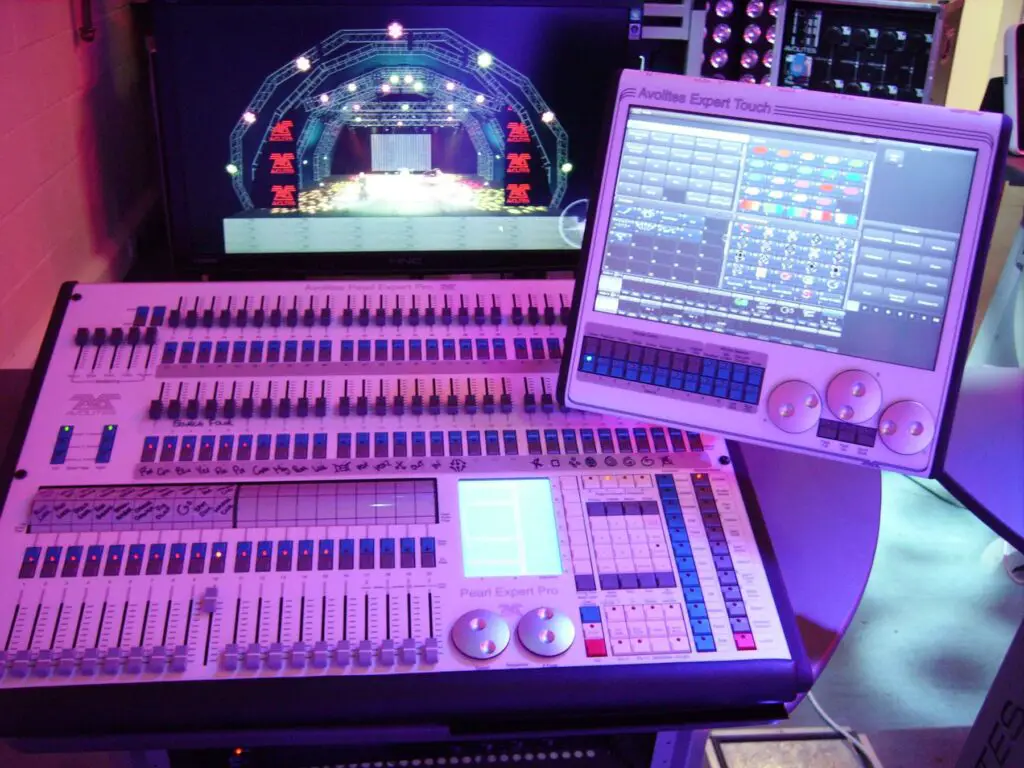Music has been an integral part of human culture since the dawn of time, providing a means of expression, entertainment, and storytelling. However, its significance reaches far beyond our day-to-day lives and extends into the world of musical productions. Whether it’s a Broadway show or a film score, music plays a crucial role in bringing these productions to life and capturing the hearts of audiences around the world. In this blog post, we’ll dive deep into the vital role that music plays in musical productions and explore its impact on our emotions, memories, and overall experience as viewers. Get ready to discover a whole new dimension to your favorite musicals!
Table of Contents

The Importance of Music in the Creation of Musical Productions
Music in Musical Productions plays a vital role in creating an immersive experience for the audience. From setting the tone and mood of a performance to enhancing storytelling, music is an essential component of any musical production. The right score can evoke emotions, convey meaning, and bring characters to life. It can also create a sense of continuity throughout the production and help tie together different scenes and acts. Composers must consider various factors when creating a score, including the genre of the production, the story’s themes, and the characters’ personalities. The music must complement the action on stage without overpowering it. With advancements in technology, composers have more tools at their disposal than ever before to create innovative scores that enhance the audience’s experience.

The Role of Music in Setting the Tone and Mood of a Performance
Setting the Tone and Mood of a Musical Production
Music plays a crucial role in setting the tone and mood of a musical production. It can evoke emotions, create suspense, and build tension, all of which are essential elements in storytelling. The music helps to establish the time period, location, and cultural context of the story being told.
For example, in “Les Miserables,” the opening number “Look Down” sets the tone for the entire production with its haunting melody and lyrics that reflect the despair and hopelessness of the characters. Similarly, in “The Phantom of the Opera,” the iconic overture immediately transports audiences to 19th-century Paris with its sweeping orchestration and dramatic crescendos.
Music also helps to differentiate between characters and their motivations. In “Wicked,” Elphaba’s signature song “Defying Gravity” showcases her defiance against societal norms while Glinda’s song “Popular” highlights her desire for popularity and acceptance.
In summary, music is an integral part of any musical production as it sets the tone and mood, establishes context, differentiates characters, and enhances storytelling.
How Music Enhances Storytelling in Musical Productions
Music plays a crucial role in enhancing storytelling in musical productions. Through the use of specific melodies, harmonies, and rhythms, music can evoke emotions and create a deeper connection between the audience and the characters on stage. For example, a slow and melancholic melody can convey sadness or longing, while an upbeat and energetic tune can create excitement or joy.
Moreover, music can also serve as a tool for character development. A character’s theme song or musical motif can provide insight into their personality or motivations. For instance, a villain’s theme might be dark and foreboding, while a hero’s theme might be uplifting and heroic.
In addition to supporting the narrative, music can also enhance the overall theatrical experience. The use of live orchestration or innovative sound design techniques can transport the audience to different worlds or time periods. For example, the use of traditional African rhythms in “The Lion King” creates an immersive experience that transports the audience to the African savannah.
Overall, music is an essential component of musical productions that contributes to the emotional impact and storytelling of the performance.

The Evolution of Musical Production Score Composition
From Classical to Modern: The Evolution of Musical Production Scores
Musical production scores have come a long way from their classical roots. In the early days of musical theater, scores were heavily influenced by classical music, with composers like Rodgers and Hammerstein drawing inspiration from operas and symphonies. However, as musical productions evolved, so did the scores. Composers began incorporating elements of jazz, rock, and pop music into their compositions to create a more contemporary sound. Today, musical production scores are a fusion of various genres that cater to a diverse audience. This evolution has allowed for greater flexibility in storytelling and has contributed to the emotional impact of musical productions.
Behind the Scenes: How Music Sets the Tone in Musicals
Musical score composition has come a long way since the early days of musical productions. Today, composers use music to set the tone and mood of performances in ways that were previously unimaginable. Sophisticated orchestration techniques allow composers to create elaborate soundscapes that can evoke strong emotions in audiences. Music is an essential element of any successful musical production, as it creates an emotional connection with viewers and communicates complex ideas without words. From catchy melodies to sweeping symphonies, music takes viewers on a journey through the story being told on stage. As such, modern-day composers pay special attention to crafting scores that resonate with audiences on multiple levels.
From Composers to Producers: Collaboration in Musical Score Composition
Collaboration between composers and producers has become increasingly important in the evolution of musical production score composition. With advancements in technology, producers now have more input in the creation of the score, allowing for a more cohesive and polished final product. This collaboration also allows for a better understanding of the vision for the production, ensuring that the music aligns with the overall theme and message. The use of digital audio workstations (DAWs) has made it easier for composers and producers to work together remotely, further expanding opportunities for collaboration. This partnership between composers and producers is crucial in creating music that not only enhances the performance but also resonates with audiences.
The Impact of Technology on Contemporary Musical Productions
The impact of technology on contemporary musical productions has been immense. With the advent of digital audio workstations, composers and producers can now create and manipulate music with greater ease and precision. This has led to the emergence of new genres of musical productions, such as electronic dance musicals. Additionally, technology has made it possible to incorporate innovative sound design techniques into musical productions, creating immersive experiences for audiences. The use of virtual instruments and digital effects has also made it easier to produce high-quality scores without the need for large orchestras. As technology continues to evolve, we can expect even more exciting developments in the world of musical production score composition.

Incorporating Different Genres Of Music for Maximum Emotional Impact.
Incorporating different genres of music has become an essential aspect in musical productions. It is a way to appeal to different audiences and evoke specific emotions that contribute to the overall story’s impact. For instance, rock tunes or pop songs are often included in contemporary productions to attract younger demographics, while classic ballads tend to target older audiences.
Moreover, incorporating various genres allows for experimentation with new sounds and innovative techniques which add depth and complexity to the score composition. This technique was evident in “Hamilton,” where hip hop and rap were used as its primary genre style resulting in critical acclaim.
However, it is crucial not just to throw random music styles into a production but rather use them strategically at important moments; otherwise, they may feel distracting or inappropriate. Therefore, composers must work closely with the directorial team during pre-production meetings so that all parties understand how best each piece can be utilized during performances.

Essential Elements to Consider when Composing Scores for a Musicals Production
Incorporating Lyrics that Further Develop Characters and Plotlines
One of the essential elements to consider when composing a score for a musical production is incorporating lyrics that deepen character development and plotlines. The music must support and enhance the storytelling, conveying emotions and messages that words alone cannot. For example, in the musical Les Misérables, “I Dreamed A Dream” sung by Fantine not only shows her desperation but also her determination to provide for her daughter. The lyrics effectively further develop both the character of Fantine and progress the story. Composers need to ensure that their lyrics fit seamlessly into the storyline while maintaining melodic continuity so that it complements other aspects of production like choreography or sets.
Balancing Technical Skill with Emotion to Create Memorable Scores for Musicals
To compose an effective score for a musical production, it is essential to balance technical skill with emotional impact. First and foremost, the music should serve the story and not overshadow it. The composer must have a deep understanding of the characters, plot points, and themes in order to craft music that enhances the narrative. Additionally, attention must be paid to timing and pacing of musical numbers in relation to dialogue scenes. Choosing appropriate instrumentation can also greatly affect how well the music fits within a particular setting or time period. Lastly, composers should strive to create memorable melodies or motifs that evoke key emotions throughout the show while bolding emotional impact through their technical prowess.
Ensuring Cohesion between Score, Storyline, Costumes, and Set Design in Creating a Unifying Experience
When composing scores for musical productions, it is essential to ensure that the music complements the storyline, costumes, and set design. This creates a cohesive and unifying experience for the audience. The score should reflect the emotions and themes of the production, while also enhancing the visual elements on stage. Key phrases to consider when composing include musical motifs that represent characters or themes, tempo changes to match the pacing of the story, and instrumentation choices that fit the time period or setting of the production. By considering these elements, composers can create a score that seamlessly integrates with all aspects of the musical production.

How Technology has changed music creation and musical productions over time
Technology has revolutionized the creation and production of music for musical productions. Composers can now produce, mix, and master their scores digitally using advanced software programs. Additionally, musicians can record their performances remotely which allows them to collaborate with composers from different parts of the world.
One major benefit of technology is that it enables composers to experiment with different sounds and instrumental combinations, giving them more creative control over their compositions. Music producers also have access to digital effects that help enhance specific emotions in a scene or add dramatic tension.
However, technological advancements are not without challenges as they require a new skill set from sound engineers and other professionals in charge of producing musicals. It is vital to strike a balance between utilizing modern technology while still retaining traditional elements such as live orchestration where possible.
As technology continues to advance at an unprecedented pace making audio engineering processes faster and more efficient every day so too does the expectation on industry professionals for impeccable quality creating truly fantastic productions improve year-on-year while accessibility efforts work towards bringing theatre experiences closer than ever before to all audiences regardless of location or ability.

Exploring Iconic Musicals Have Utilized Innovative Sound Design Techniques
Innovative Sound Design Techniques have been utilized in many iconic musicals to enhance the overall performance. One example is the use of a “sound wall” in Les Misérables, where multiple microphones were used to capture the voices of the entire cast and blend them together for a powerful effect. Another example is the use of surround sound in The Lion King, where speakers were placed throughout the theater to create an immersive experience for the audience. The use of sound effects has also become more prevalent in musical productions, such as the use of rain and thunder in Singin’ in the Rain. These techniques not only add to the overall production value but also help to create a more engaging and memorable experience for audiences. As technology continues to advance, we can expect even more innovative sound design techniques to be utilized in future musical productions.
A Historical Look at the Importance of Live Orchestration within Broadway Shows
Live Orchestration within Broadway Shows
The use of a live orchestra in musical productions has been an essential aspect since the early days of Broadway. The energy and emotion conveyed by the musicians performing together on stage are difficult to replicate with pre-recorded tracks. Live music is dynamic, adaptable, and provides depth that can enhance the storytelling experience.
In fact, many composers and directors place great importance on having a live orchestra during performances for this reason. It allows for more control over nuances such as tempo changes or phrasing that can make all the difference in conveying emotions effectively.
Moreover, live orchestration also enables performers to feed off their energy in real-time leading to greater synchronicity between what’s happening on stage and what audiences hear. While advancements have been made in sound engineering technology which create convincing orchestrations through digital methods; nothing quite compares to the raw connection enabled through a team of skilled musicians working together live.
Even today, iconic shows like Hamilton continue with this tradition showcasing how live orchestras remain integral components of memorable broadway theater experiences even into modern day productions.

The Future Awaits: Adapting To Improvements In Sound Engineering And Efforts In Improving Accessibility
Improvements in sound engineering and efforts in improving accessibility are shaping the future of musical productions. With advancements in technology, sound engineers can now create immersive audio experiences that transport audiences to different worlds. Additionally, there is a growing focus on making musical productions more accessible to all individuals, including those with disabilities. This includes incorporating closed captioning, audio descriptions, and sign language interpretation into performances. The use of virtual reality and augmented reality technology is also being explored to enhance accessibility. As the world becomes more connected, it is important for musical productions to adapt and evolve with the times, ensuring that everyone can enjoy the magic of live theater.
In conclusion, it is evident that music plays a vital role in the success of any musical production. From its ability to set the tone and mood of a performance to how it enhances storytelling, music has proven time and again to be an essential element in creating an unforgettable theatrical experience. As technology continues to evolve, we can only expect even more innovative sound design techniques that will further elevate the impact of music in musical productions.
If you found this article informative and engaging, be sure to check out our other content for more insights into the world of entertainment. Whether you are a performer or simply a lover of theatre, we have something for everyone looking to expand their knowledge on all things related to music and musical productions.


